Exercise Ten
I pēhea? What was it like?
I pēhea? What was it like?
You have previously learnt how to ask how one or more people is or are by saying “Kei te pēhea kōe/kōrua/koutou? The sentence structure you are about to learn builds on this. You have just learnt that I is used to denote the past tense, therefore, I pēhea is used to ask how something was. Look at the following examples:
| I pēhea tō moe? | How was your sleep? |
| I pēhea te kanikani? | How was the dance? |
| I pēwhea te kēmu? | How was the game? |
When answering this type of question there are many different answers you could reply with. Look at the following examples:
| I pēhea te kēmu? | How was the game? |
| He tino pai. | Very good. |
| I pēhea te kanikani? | How was the dance? |
| He ngahau. | Entertaining. |
| I pēwhea tō whakamātautau? | How was your test? |
| Āhua pai tonu. | Quite good. |
| I pēwhea tō rā, inanahi? | How was your day, yesterday? |
| Te mutunga kē mai o te koretake. | It couldn't have been worse. |
Further explanations and examples: Te Kākano p.32
Pātai atu ki ngā tāngata o Te Whanake, “I pēhea tō ...?” Ka puta mai te pātai Pākehā.
Ask the Te Whanake characters “How was your...?” The question to ask will appear under the character.
Don’t forget to use commas, question marks, and fullstops and macrons where appropriate (ā,ē,ī,ō, and ū).
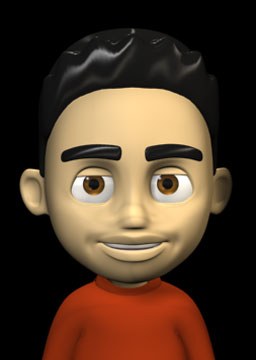
[Neihana]
How was your game?
Pātai:
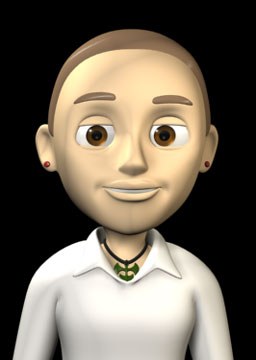
[Tarati]
How was your trip?
Pātai:
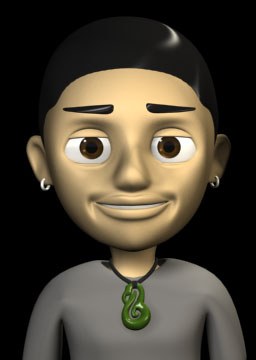
[Te Hererīpene]
How was your holiday?
Pātai:
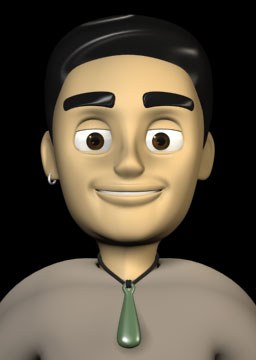
[Eruera]
How was your food?
Pātai:
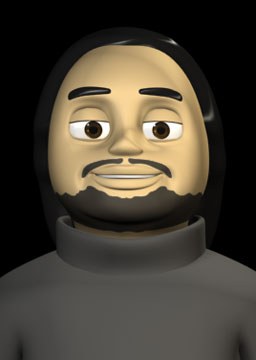
[Wiremu]
How was (your) work?
Pātai:
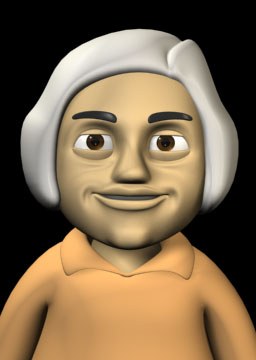
[Mīria]
How was your sleep?
Pātai:
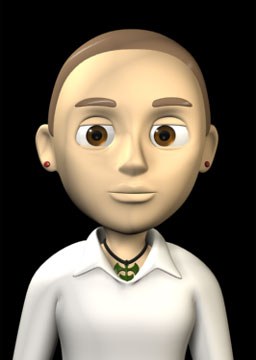
I pēwhea tēnei mahi?
